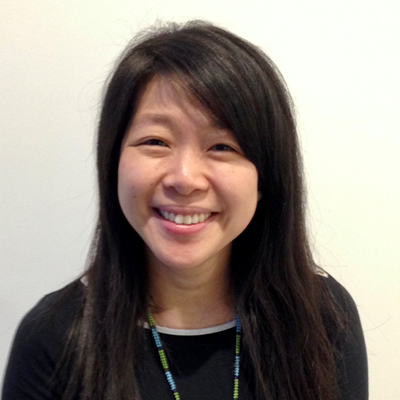Evaluating Vi-polysaccharide vaccine responses in specific antibody deficiency patients receiving immunoglobulin replacement
AIFA PID Clinical Research Grant 2020 (supported by CSL Behring)
Dr Celina Jin, The Royal Melbourne Hospital, Victoria.
Developing predictive tools to identify which patients with specific antibody deficiency will benefit from long-term immunoglobulin replacement.
Patients with specific antibody deficiency (SAD) have impaired immune function and suffer from recurrent infections. Some patients are treated with immunoglobulin replacement. In 2017-2018, SAD was ranked amongst the top 20 conditions for which immunoglobulin treatment was prescribed in Australia. The current National Blood Authority guidelines recommend that patients should be trialled off immunoglobulin replacement after 12 months of treatment.
SAD is usually diagnosed based on studying responses to vaccines, particularly the pneumococcal polysaccharide vaccine (pneumonia vaccine). Unfortunately, this form of testing cannot be done while patients are on immunoglobulin replacement. Currently, immune recovery in SAD patients is assessed by stopping treatment and monitoring for infections, which can be severe and may require hospitalisation.
A currently available typhoid vaccine (Vi-polysaccharide vaccine) could be used as an alternative to the pneumococcal vaccine. This vaccine has been studied in other immunodeficiency conditions and has been shown to be helpful in distinguishing normal immune responses in healthy individuals, from reduced responses in patients with immunodeficiencies. In addition, it appears that immunoglobulin products contain no or little antibodies to this vaccine.
This multi-centre trial will be the first Australia study to evaluate Vi-polysaccharide vaccine responses in adult patients with SAD. Patients with SAD will be vaccinated with the Vi-PS vaccine whilst still on immunoglobulin replacement. One-month later bloods will be collected to study vaccine responses and immunoglobulin treatment will be stopped. Patients will be closely monitored over a 12-month period to determine how many are restarted on immunoglobulin replacement.
Dr Jin hopes to use the results from this study to develop tools to predict which patients with SAD are able to successfully stop immunoglobulin replacement and which require long-term treatment. This could be used to rationalise the use of immunoglobulin products and to improve clinical outcomes in patients with SAD.
The AIFA Primary Immunodeficiencies Clinical Research Grant of $15,000 is supported by CSL Behring.


